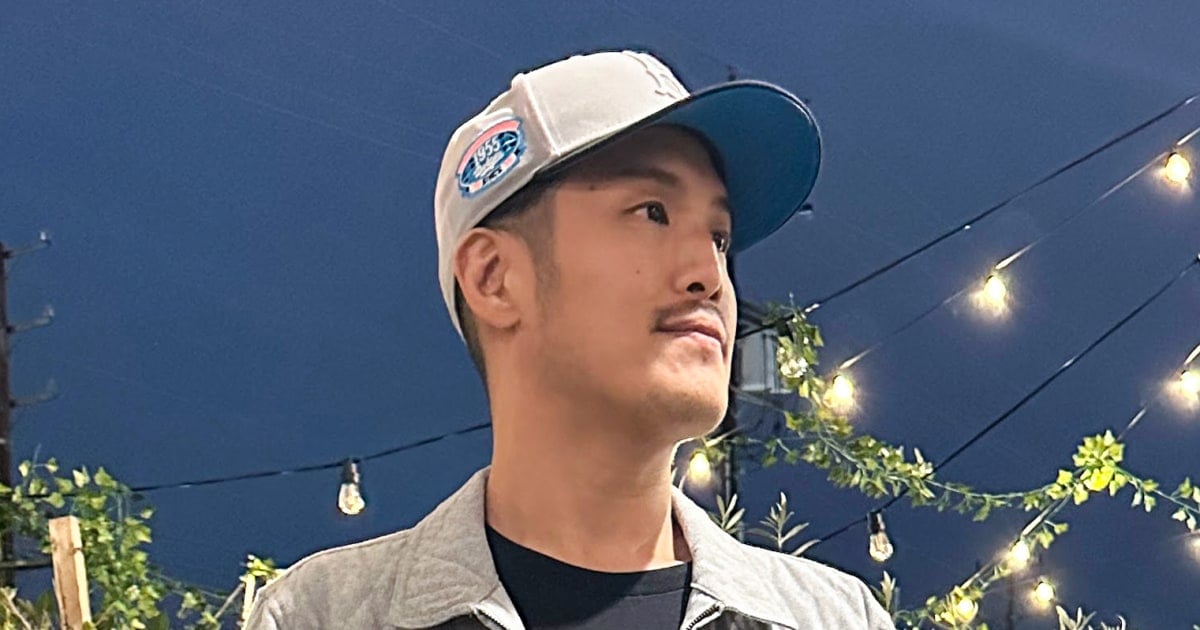- cross-posted to:
- thepoliceproblem@lemmy.world
- cross-posted to:
- thepoliceproblem@lemmy.world
Less than 10 seconds after officers opened the door, police shot Yong Yang in his parents’ Koreatown home while he was holding a knife during a bipolar episode.
Parents in Los Angeles’ Koreatown called for mental health help in the middle of their son’s bipolar episode this month. Clinical personnel showed up — and so did police shortly after.
Police fatally shot Yong Yang, 40, who had a knife in his hand, less than 10 seconds after officers opened the door to his parents’ apartment where he had locked himself in, newly released bodycam video shows.
Now the parents of Yang, who was diagnosed with bipolar disorder around 15 years ago, have told NBC News exclusively that they are disputing part of the account captured on bodycam, in which police recount a clinician’s saying Yang was violent before the shooting on May 2.



Nearly every single time I have seen someone make this particular excuse for police, a nurse or other staff from a healthcare facility will crop up to point out that they do it all day every day without having to kill people.
true, but in inpatient settings they have tools at their disposal and a context supporting safety that you lack. they have - locked doors, lots of people who can be summoned, people trained to restrain, injectable medication. probably other stuff i’m not thinking about. there’s likely also an increased understanding of that person’s issues, level of risk, and current medication and sobriety. even several hours of observation plus a secure environment gives staffers an advantage police lack.
so i work in mental health. it is very likely that i will have to call police on a client at some point. i have training that works well in some circumstances, but there are limits. i have, in fact, been one of the people here on lemmy that has pointed out people working with others with mental illness and disability manage things without guns.
i think police need training to work with people like this and to de-escalate in general. i think i lot of them need treatment for their own PTSD. i think they fucked up here.
but i don’t think it’s realistic either to think that they can, in practice, handle things the same way a nurse with many years of experience and additional tools can. and i would also point out that many social workers (not my profession but related, just the last field i saw stats on) have been assaulted by their clients.
i think the parents could have handled it better. i think it’s possible cultural attitudes toward mental illness or other factors unique to the family played a part in their decision-making.
and as another parent of a person with developmental disability (plus serious mental illness), i think it is wise to prepare yourself and your child for how you might handle circumstances in which you or someone else needs to call for help. i don’t think it is safest for your child or for you (or others, obviously) for you to refuse to call until there is a body.
but i also understand that your experience and your child are not the same as mine.
i just wish the cops hadn’t fucked up, and i wish the family had done it differently. for all the good that does.
edit - extra words, a wrong word
Man a little hyperbole brings out all the haters. 🙂
All your points are reasonable. But I have to weigh all other factors against the likelihood that cops are going to show up and harm or kill my child unnecessarily.
Are there actually other circumstances where I’d call police? Probably. Is it MY fault that I need to do this calculus about whether the folks paid to help might kill my child instead? No, it’s not, and I won’t apologize for it.
no, you shouldn’t have to do that calculus. but i want your kid to be okay if it ever comes to that.
Fair! And we agree on that bit for sure!
deleted by creator
Fair, but I go back to my original comment. Possibly the parents would have behaved differently if they had any faith the police would have. As it turns out, the police didn’t, they did what every parent of a special needs child fears.